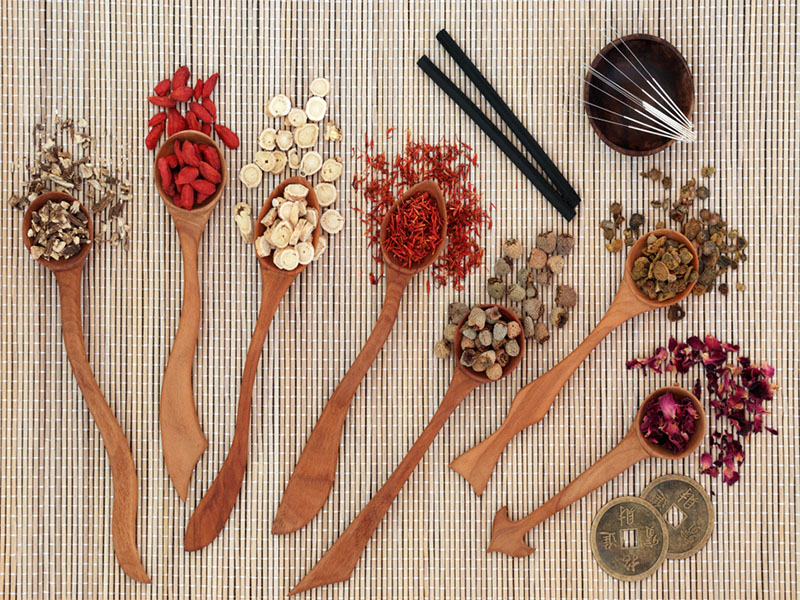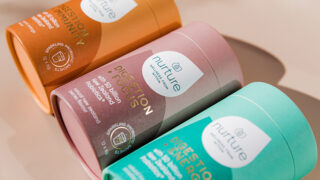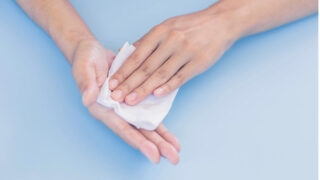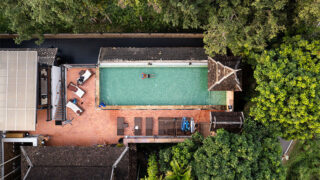Struggling to have a baby? You’re not alone. Here we take a look at Eastern and Western fertility treatments, and the benefits of combining the two approaches.
These days, it’s not as realistic for many women to have babies during the age range that’s considered medically ideal for conception – that is, from 22 to 26 years. And, it’s no secret that the older one gets, the harder it can be to conceive.
“For women, the increase in age comes with a higher incidence of miscarriages and lower chances of conception. For men, sperm quality begins to decline after the age of 40,” says Dr Sheila Loh, Specialist in Obstetrics and Gynaegocology at Raffles Fertility Centre. “However, medical breakthroughs have made many advances that have helped married couples to conceive. It’s important that you and your partner spend some time to plan before starting treatment. Not all treatments for infertility involve ‘high-tech’ procedures. Many couples are successful in maximising their natural fertility potential with simple treatments and lifestyle changes.”

The Western approach
According to Dr Loh, there are many factors involved in infertility, so it’s essential to correctly diagnose and treat your condition with the help of your doctor. At Raffles Fertility Centre, fertility specialists, embryologists and fertility nurses work together to personalise treatment programmes to suit each individual couple’s needs. Treatments often involve medical and/or surgical interventions for hormonal problems, anovulation (a condition whereby ovulation doesn’t occur), polycystic ovarian syndrome (PCOS) and untreated chlamydia infections, as well as fibroids and cysts, endometriosis and tubal disorders. Lifestyle changes such as eating a balanced diet, having sufficient rest, and abstaining from smoking and alcohol consumption will help a couple produce healthier gametes, explains Dr Loh.
For males, the Western approach focuses on detecting and treating reversible causes, halting damaging factors and assisting in advanced reproductive techniques. Medical treatments are typically given for hormone deficiency, retrograde ejaculation, infections, intercourse problems and to optimise sperm quality. Surgical treatments such as varicocelectomies (removal of enlarged veins) are performed to improve blood flow to reproductive organs.
Additionally, Western fertility treatment often involves assisted reproductive techniques such as intrauterine insemination (IUI), in-vitro fertilisation (IVF) and intracytoplasmic sperm injection (ICSI).
The Eastern approach
More and more couples facing fertility issues are seeking Traditional Chinese Medicine (TCM) treatments to regulate their bodies and improve their chances of pregnancy. From the TCM perspective, three internal organs are responsible for fertility: the liver, spleen and kidney. These organs produce, store and regulate the reproductive essence, qi (energy), and blood (nutrients) in our bodies, which are important factors for reproductive function. When there are imbalances in the body due to emotional stress, irregular diets or various lifestyle habits, the functional capabilities of these internal organs are decreased, making it more difficult to conceive naturally.
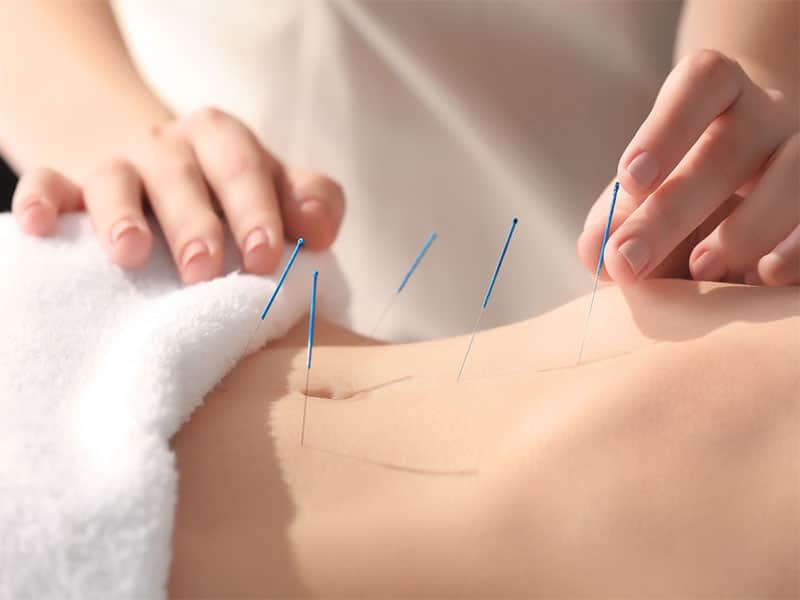
“At the heart of TCM is the notion of harmony and balance in our body,” says TCM Physician Tan Weii Zhu of Raffles Chinese Medicine. “TCM first seeks to identify the imbalances in each individual that are causing the fertility issues, and then seeks to correct them through treatments and lifestyle changes. Restoring balance and enhancing internal organ function through acupuncture and herbal medication can create optimal conditions for fertility.”
Acupuncture, she says, can help boost fertility by increasing a woman’s blood flow, stimulating egg production and enriching the endometrial lining in the uterus. It can also help relieve anxiety and promote muscular relaxation, which, in turn, reduces spasms in the uterus and fallopian tubes, thus increasing chances of a successful implantation. This is why acupuncture treatment is often performed together with assisted reproductive procedures such as IUI and IVF. Acupuncture can be beneficial for men, too, as it can help improve sperm quality.
Similar to acupuncture, herbal medication helps restore imbalances in the body through the combination of different herbs that are customised to individual needs, explains Physician Tan. “Herbs are chosen to enhance the functioning of internal organs, as well as promote qi and blood flow, providing optimal conditions for fertility.” Examples of herbs frequently used to boost fertility include dang gui, huang qi, dang shen, gou qizi (goji berry), shou di and yin yang huo.
Combining East and West
Couples trying to conceive have the option of undergoing both Eastern and Western treatments. At Raffles Chinese Medicine Centre, couples undergoing assisted reproductive technology (ART) may opt for an IVF booster programme, in which Western medical specialists work closely with TCM physicians to promote optimal conditions for fertility. Studies have found that acupuncture can enhance the outcome of ART by improving egg quality and quantity, increasing the thickness and quality of the endometrium lining and supporting embryo implantation.
During treatment, the physician will address any of the patient’s underlying TCM imbalances, provide emotional support and help relieve any adverse reaction that the patient might experience from the hormonal stimulations. Acupuncture and herbal medications are the main treatment modalities, while moxibustion may be used when necessary.
Treatment frequency will be varied according to the different stages of the IVF treatment cycle. On the day of embryo transfer, acupuncture will be performed before and after the transfer. Husbands are encouraged to undergo several acupuncture sessions to improve sperm quality.
To find out more about the full spectrum of fertility treatment options and how to improve your chance of conceiving, visit Raffles Fertility Centre and Raffles Chinese Medicine.
For enquiries, contact 6311 1122 or enquiries@raffleshospital.com.
Like this? Read more in our Health & Fitness section!

